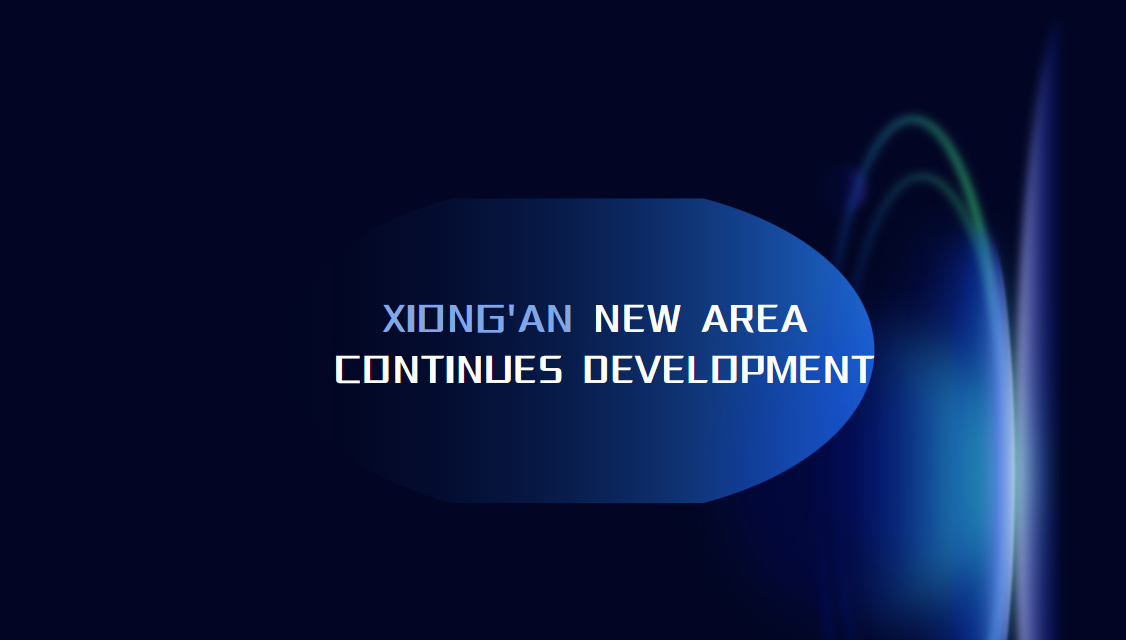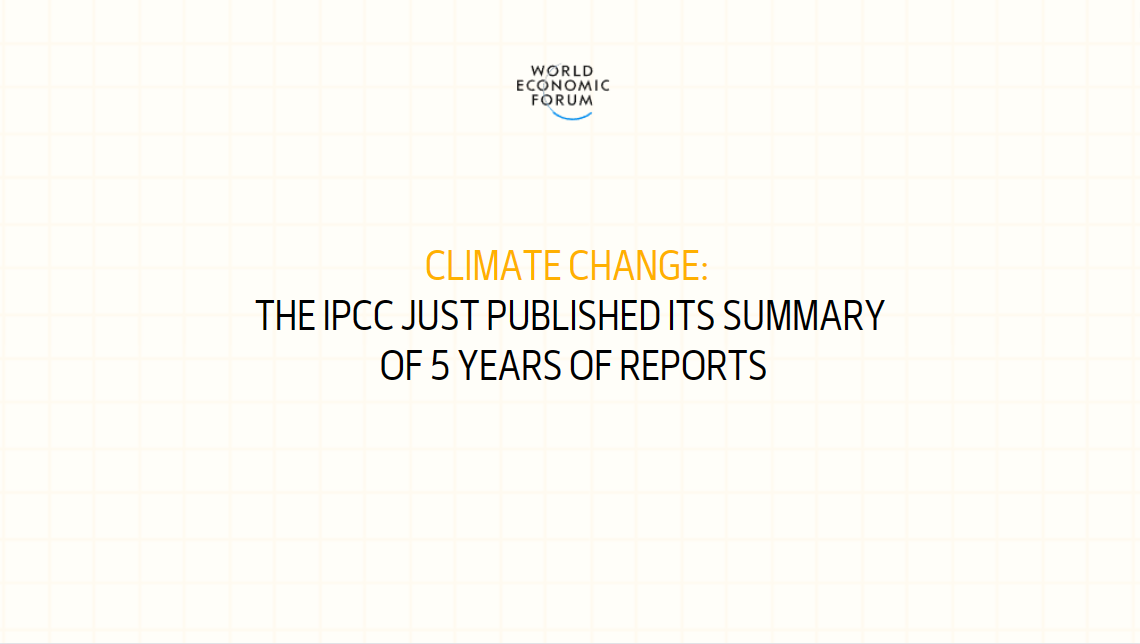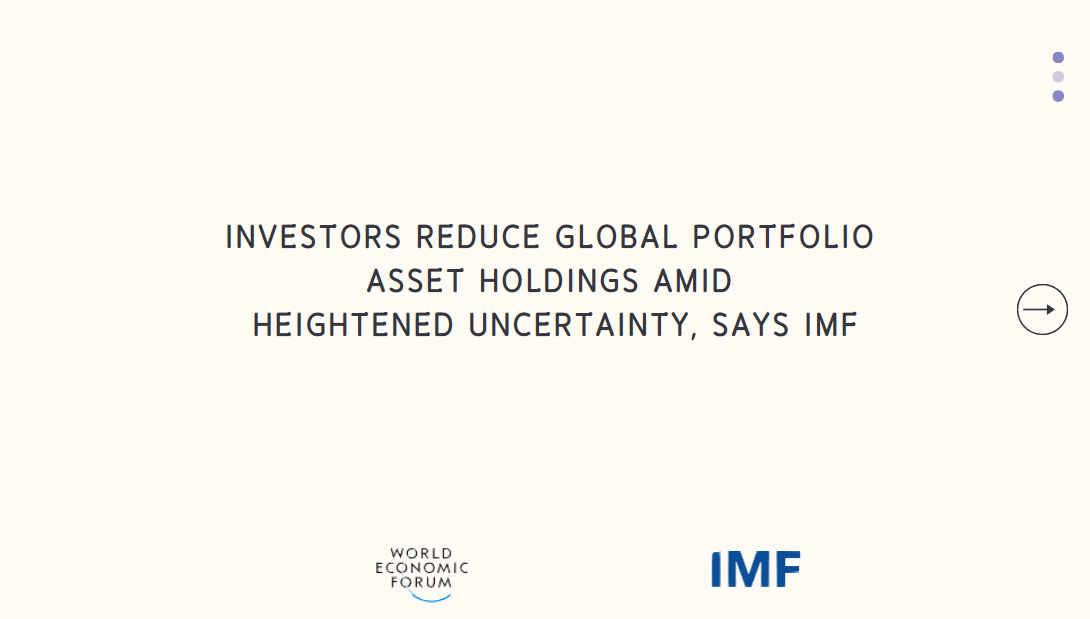BIS's Project Nexus prototype successfully links Eurosystem, Malaysia and Singapore payments systems; partners in Indonesia, Malaysia, the Philippines, Singapore and Thailand to work towards wider payments connectivity
- ♦To enhance cross-border payments, the BIS Innovation Hub Singapore Centre developed the Nexus concept of a first-of-its-kind multilateral network connecting multiple domestic instant payment systems (IPS).
- ♦Nexus prototype successfully connected the test IPS of the Eurosystem, Malaysia and Singapore, allowing payments to be sent across the three using only mobile phone numbers.
- ♦In the next phase, BIS and the central banks of Indonesia, Malaysia, the Philippines, Singapore and Thailand will jointly work towards connecting their domestic IPS through Nexus.
The BIS Innovation Hub Singapore Centre and partners today announced the successful connection of the test versions of three established IPS using the Nexus model and outlined the next phase of the project to work on the real-world potential of a multilateral network that could be scaled up across more countries.
The year-long collaboration included the Bank of Italy, Central Bank of Malaysia (BNM) and Monetary Authority of Singapore (MAS), plus the payment systems operators PayNet and Banking Computer Services (BCS). Test payments were initiated using only the mobile phone numbers or the recipients' company registration numbers via the Eurosystem's TARGET Instant Payment Settlement (TIPS), Malaysia's Real-time Retail Payments Platform (RPP) and Singapore's Fast and Secure Transfers (FAST) payment system.
The Nexus report, published today, provides details on the early experiments and technical specifications for the multilateral interlinking of payment systems. The success of the experiment paves the way for the BIS Innovation Hub Singapore Centre to explore the practical applications of a distributed multilateral network.
Nexus aims to support the G20 priorities of improving the cost, speed, access and transparency of cross-border payments by connecting domestic IPS across multiple countries through a standardised and multilateral approach. It is designed to accommodate differences between IPS, rather than trying to homogenise them.
For the next phase of the project – in line with their November 2022 Memorandum of Understanding on Cooperation in Regional Payment Connectivity – Bank Indonesia, BNM, Bangko Sentral ng Pilipinas, MAS and the Bank of Thailand will leverage experiences from Phase I and Phase II of the project towards connecting their countries' IPS and facilitate cross-border transactions across a combined population of about 500 million people.
The Innovation Hub's Singapore Centre will collaborate with these central banks to facilitate their design processes, as they aim to connect their domestic payment systems.

Looking ahead, the BIS and the five central banks envisage that Nexus could eventually be implemented globally. To achieve this, they will aim to establish a Global Advisory Panel of central banks and payment system operators to advise on the project's development beyond the Southeast Asian region. The Bank of Italy and the European Central Bank will be invited to join this panel.
The BIS also plans to run a webinar on the Nexus proof of concept on 5 April. To register click here.






















































First, please LoginComment After ~